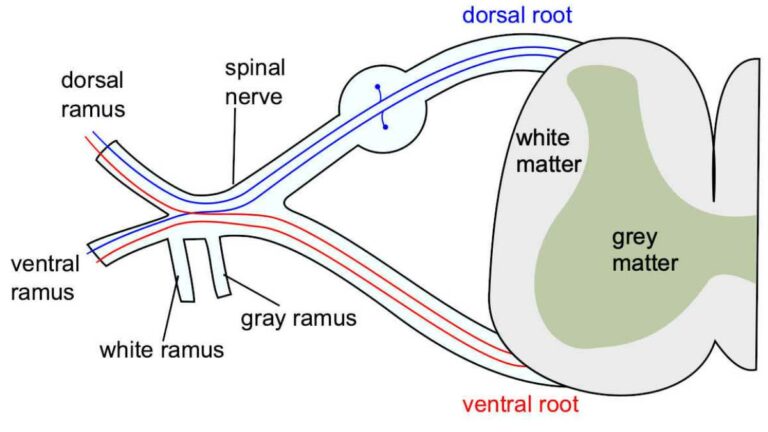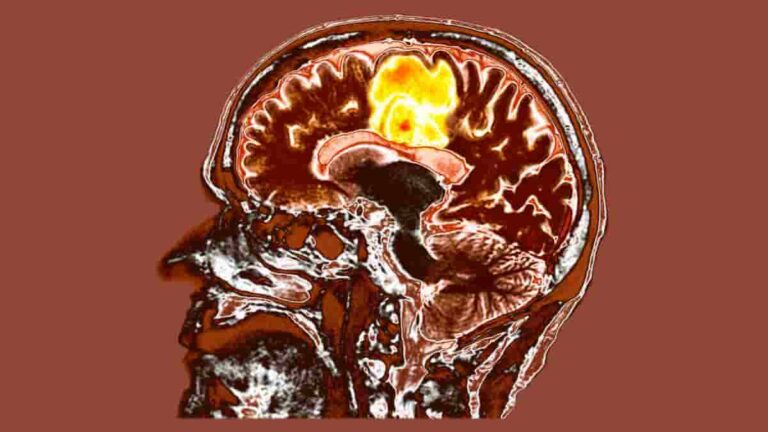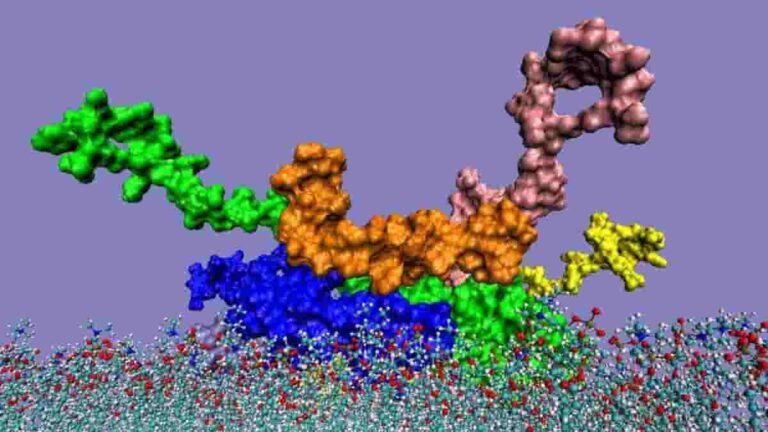The somatic nervous system is a part of the peripheral nervous system, which works in coordination with the central nervous system to control various bodily functions. Together, these systems form the complex neural network responsible for transmitting information and executing essential tasks in the body. The peripheral nervous system comprises two major divisions: the somatic nervous…
Yoga Nidra Practice May Improve Memory, Learning, and Sleep
Researchers led by Karuna Datta of the Armed Forces Medical College in India found that even in beginners, practicing yoga nidra, a type of mindfulness training, may enhance sleep, cognition, learning, and memory. The researchers observed that all assessed cognitive capacities improved and that the percentage of delta waves in deep sleep increased following a…
Cumulative Loneliness Could Lead to Higher Mortality Risk
Working from well-established research on the negative health effects of loneliness, University of Michigan researchers set out to investigate whether feeling lonely multiple times over the years leads to more serious illness and a higher mortality risk in mid to later life. They found that, indeed, it did. “Cumulative loneliness in mid- to later-life may…
Perivascular Fibroblasts Could Lead to Improved Glioblastoma Immunotherapy
Glioblastoma is one of the most resistant malignancies to therapy, with those diagnosed living for fewer than two years. In a new study, researchers at the University of Notre Dame discovered that an understudied cell could provide fresh insight into how aggressive primary brain cancer resists immunotherapy. “A decade ago, we didn’t even know perivascular…
Misfolded Alpha Synuclein Travels from Enteroendocrine Cells to Brain
While prior research has suggested that Parkinson’s disease begins in the gut and travels to the brain, the exact mechanism has remained a mystery. A new pre-clinical study led by Duke University researchers adds to the body of evidence supporting the gut-brain relationship. The researchers describe a process in which a protein found in the…
The Mesocorticolimbic Circuit (Reward System)
The mesocorticolimbic circuit is known as the brain’s reward system. It is a group of neural structures that are responsible for incentive salience (i.e., “wanting”; desire or craving for a reward and motivation), associative learning (primarily positive reinforcement and classical conditioning), and positively-valenced emotions, particularly those with pleasure as a core component (e.g., joy, euphoria,…
What is Actor Observer Bias?
Actor Observer Bias is a cognitive bias that influences the way people perceive and attribute the causes of behaviors. In simple terms, this bias causes individuals to attribute their own actions to external factors, while attributing others’ actions to internal factors, like personality traits or inherent characteristics. This bias plays a significant role in social…
Abuse Has Broader Health Impact Than Formerly Thought
Researchers report elevated risks between intimate partner violence or childhood sexual abuse and certain health conditions, including major depressive disorder, maternal miscarriage for partners, and alcohol misuse and self-harm among children, in a recent global review and meta-analysis of evidence. One in every three women who have ever been in a relationship has experienced intimate…
Did Fermented Food Spark Evolution of the Human Brain?
The evolution of the human brain from a smaller primate brain into the large, powerful organ it is today is a marvel, but how it happened is still unknown. Scientists can identify ‘when’ our evolutionary ancestors gained larger brains, which about tripled in size when our ancestors evolved from Australopithecines, bipedal monkeys. But the ‘why’…








